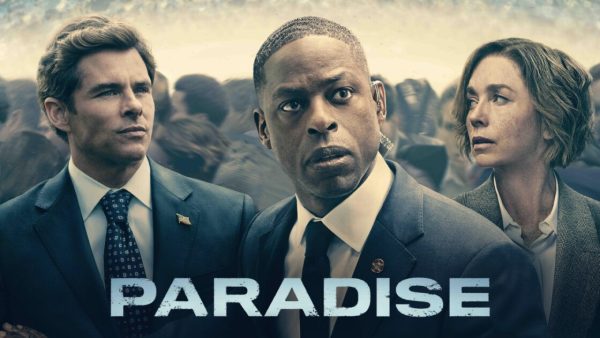The impeachment of President Trump overview, voting takes place tomorrow
Update on the impeachment vote:
Article 1: Abuse of Power – Not Guilty with a vote of 52 v. a Guilty vote of 48
Article 2: Obstruction of Congress – Not Guilty with a vote of 53 v. a Guilty vote of 47
President Donald Trump’s impeachment trial is reaching an end in Washington DC as both Democrats and Republicans make their closing arguments to the Senate. The Senate, which is held by a Republican majority, will vote this Wednesday on whether to remove President Trump from office, with a two-thirds majority needed to convict the president. The impeachment began with the accusation that Trump had put Ukrainian President Volodymyr Zelensky under pressure to investigate Joe Biden, a 2020 Democratic election candidate. Trump has further been accused of withholding four hundred million dollars in military aid from Ukraine until the investigation on Biden was announced, prompting Democrats to charge Trump with abuse of power as well as obstruction of Congress.
The act of impeachment in this case simply means the bringing of charges to Congress, not the actual removal of the president. Only two other presidents in history have been impeached: Bill Clinton with charges of perjury and obstruction of justice, and Andrew Johnson in 1868 who was accused of discharging his secretary of war against the will of Congress.
The Senate trial began on January 22, and will continue until the senators vote whether to remove or acquit Trump. Over the last few weeks Democrats from the House of Representatives have presented their argument claiming Trump had abused his power and obstructed Congress. “The big concern constitutionally is that he’s using the power of office to improve his own personal standing,” says United States History teacher Mr. Staron. Republicans presented their argument refuting these claims soon after over a three-day period. The trial ended on Monday with both sides presenting their closing statements.
The argument the Democrats presented is centered both on the evidence from a whistleblower who reported that Trump had used his power to solicit interference from a foreign country, as well as the transcript of a phone call which the White House released revealing that Trump had urged the Ukrainian president to investigate Joe Biden and his son. A senior official also testified that Trump had made the four hundred million in aid dependent on the investigation of Joe Biden, a claim which Trump has denied.
Republican defense has cited the fact that the US military aid was eventually given to Ukraine, with Trump himself arguing that it is well within his rights to ask Ukraine for help in investigating corruption. “The idea we’ve got with the Bidens [regarding corruption] has been investigated… it’s been proven that the corruption angle is not there,” says United States Government teacher Mr. Hass. Trump’s defense team, however, has also cited that Ukrainian President Zelensky made it clear he felt “no pressure” from Trump to investigate Biden
The Senate has recently made the decision to not call any witnesses to the trial, making it the first impeachment trial in history without witnesses. This is especially relevant as former National Security Advisor John Bolton recently released a manuscript revealing that Trump had ordered him to help in his campaign to pressure Ukraine into finding damaging evidence on the Democrats, making him a key witness to the trial. Bolton also revealed that White House counsel Pat Cipollone was present when President Trump was making the demand. Cipollone is now the leading lawyer in the impeachment defense.
The Senate will soon vote on whether to remove President Trump from office or not, with a two thirds majority needed for him to be convicted. “I don’t see him being removed, with the Republicans holding the majority,” says Hass. President Trump is expected to give his third State of the Union Address tonight.







